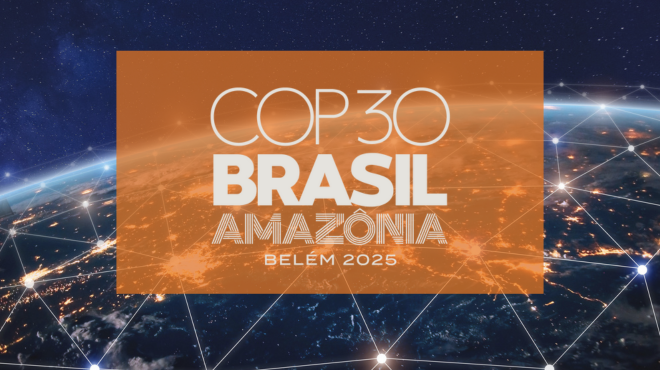How Industries Will Rise to the Sustainability Challenge at COP30

As the world gathers in Belém, Brazil from 10–21 November 2025, COP30 will mark a decisive shift from negotiation to implementation. With nearly 200 countries expected to attend, the conference aims to turn climate pledges into measurable action across energy, infrastructure, manufacturing, and finance.
Adapting for a Resilient Future
The opening sessions on 10–11 November will spotlight Adaptation, Cities, Infrastructure, Water, Waste, Local Governments, Bioeconomy, Circular Economy, and Tourism. These discussions will set the stage for resilience, focusing on how systems and sectors can prepare for intensifying climate impacts.
For industries, this means rethinking how materials are sourced, transported, and designed for long-term durability. Circular principles are gaining ground as organisations move to reduce waste and embed recycling and re-use into product design and supply chains. Reports from the Global Circularity Gap 2024 highlight that only 7.2 percent of the world’s resources are currently reused, underlining the urgent need for progress.
Sustainable design and infrastructure are also closely linked to energy systems. The global shift toward renewables, shows how integrating cleaner energy sources into large-scale projects can significantly reduce emissions while strengthening resilience against climate-related risks.
Transforming Systems for Net Zero
On 14–15 November, the agenda will move to Energy, Industry, Transport, Trade, Finance, Carbon Markets, and Non-CO₂ gases. These sessions are expected to advance efforts to triple renewable energy capacity and double global energy efficiency by 2030, while supporting a fair transition away from fossil fuels.
For manufacturers and infrastructure providers, this will mean scaling up electrification and embedding smarter technologies that improve grid stability and reduce carbon intensity. According to the International Energy Agency’s World Energy Outlook 2024, investments in renewables and transmission infrastructure must grow by more than 70 percent over the next decade to meet net-zero goals.
This focus on technology and innovation echoes the findings of The Green Energy Future eBook, which explores how advancing electrification and energy storage solutions are driving cleaner, more efficient industries.
Beyond Commitments: Proof in Action
COP30 reinforces three imperatives for industry leaders: accelerate decarbonisation through cleaner technologies and transparent reporting; embed resilience across operations; and collaborate across value chains to deliver measurable results.
At Eland Cables, we view this moment as both an opportunity and a responsibility. Our ESG & Sustainability framework underpins the way we operate, ensuring that environmental, social, and governance principles are integrated into every part of our business. From reducing waste and sourcing responsibly to fostering inclusivity and supporting local communities, sustainability is not a standalone goal but part of how we create long-term value.
We have also set clear Net Zero goals that reflect our commitment to protecting the environment and driving meaningful progress. By investing in cleaner technologies, improving energy efficiency, and reducing emissions across our operations, we are contributing to the wider industry effort to build a low-carbon future.
As industries gather at COP30 to demonstrate real progress, we recognise that credibility comes from action, not ambition. Our focus remains on delivering measurable results, aligning innovation and infrastructure with the urgent need for climate resilience and decarbonisation.
COP30 will not be remembered for new promises but for tangible proof of progress. The question is no longer whether we can adapt, but how effectively and how fast we can rise to the challenge.
To learn more about how we are supporting the global transition to clean energy, explore our short videos: